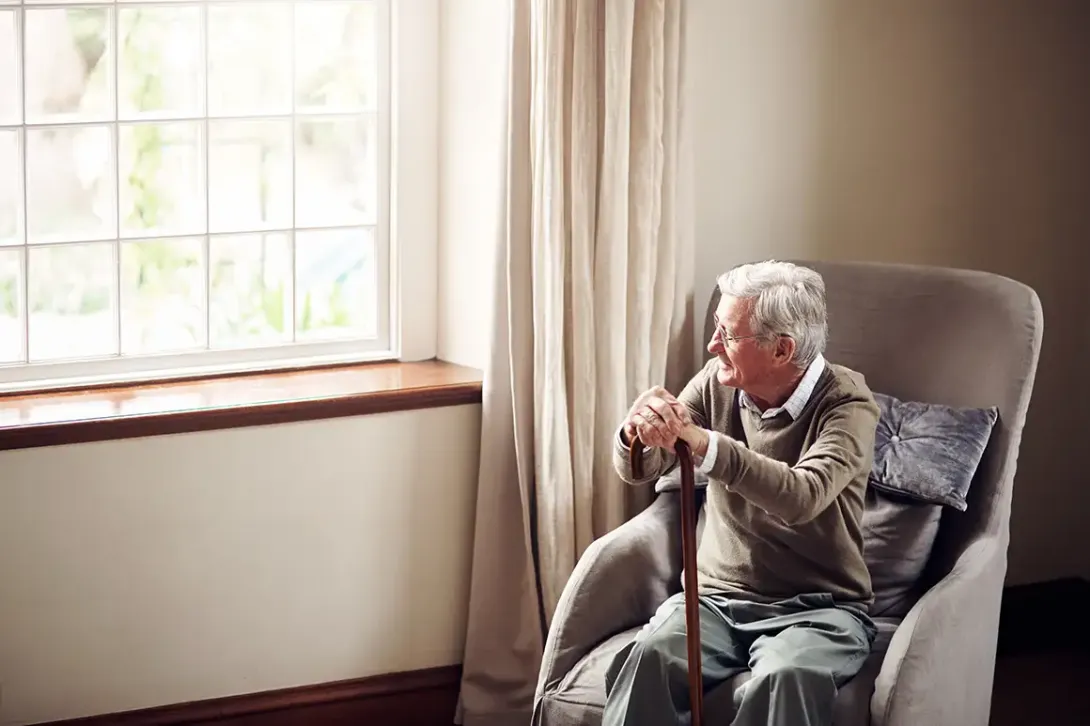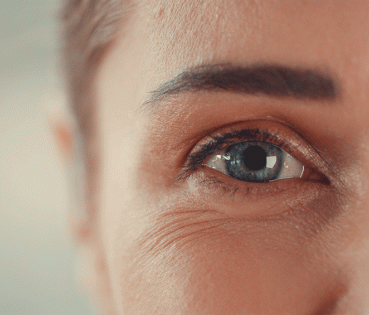
Dealing with loneliness in old age
The number of elderly people has been increasing for some time now. Many of these people over the age of 65 or 70 feel alone and isolated.
The population of the European Union, including Spain, is aging. In 2020, 21% of Europeans were over 65. In 2001, only 16% were that old. One of the main problems associated with older age is loneliness.
The feeling of being alone undermines the well-being and mental and emotional health of these people. Elderly people feel lonely due to a number of factors. The most common ones are loss of friends and family, and also retirement.
Ultimately, in a society with a growing proportion of senior citizens, ageism continues to exist. Negative stereotypes affecting older people contribute to a feeling of exclusion.
It is therefore essential that families and the close environment help to alleviate this feeling. Feeling good should be the core of any stage of life.
Are being alone and loneliness related?
As they get older, people experience changes in their health. In many cases, old age goes hand in hand with a loss of hearing, mobility or memory and, in addition, in the later stages of life, adults suffer the loss of family members and friends.
All these things sometime lead to a degree of social isolation that can result in loneliness. Unwanted loneliness is described as the feeling and sadness caused by being alone.
But it is also true that not all people who live alone feel lonely. They may feel supported by friends, relatives or neighbours. It is also possible to do without social contact, and yet not feel lonely and enjoy this isolation.
And the opposite can also occur, of course: a person can experience loneliness even when surrounded by people. However, most people who experience unwanted loneliness live alone and their well-being suffers as a result of this.
The resulting health problems
People who feel lonely may experience emotional pain. In addition, loneliness has been shown to be linked to cognitive impairment and has worrying consequences for other aspects of health.
Namely, loneliness increases the risk of:
- High blood pressure
- Heart disease
- Anxiety and depression
- Onset of obesity
- Progression of cognitive impairment and/or dementia
- Poor quality of sleep
- Unhealthy habits (drinking too much or heavy smoking)
- Having a sedentary lifestyle and lack of physical exercise
- Premature mortality
Preventing loneliness among senior citizens
- Offer companionship and listening. Quality time with older people is essential. It is important to spend time with them, listen to them without judgement, offering support and help with problems with empathy.
- Encourage activities outside the home and promote participation in the community. It is important to spend time outside. Courses and workshops in community centres, trips with specialized agencies or guided visits to museums are all options. Currently, there is a wide range of options available in most Spanish cities.
- Consider an adult day care centre. This can be a very beneficial solution for the most severely dependent seniors. Here they will be cared for at all times and will be able to participate in activities and enjoy social contact during the day.
- Upkeep appearance. Physical activity and spending time with others is important, but so is looking your best. Grooming improves everybody’s self-esteem and mental well-being.
Ultimately, people who feel lonely often have more health problems. It is therefore important to spend time with them and help them to maintain an active lifestyle that is appropriate for their current condition. The role of the family in this is vital.




